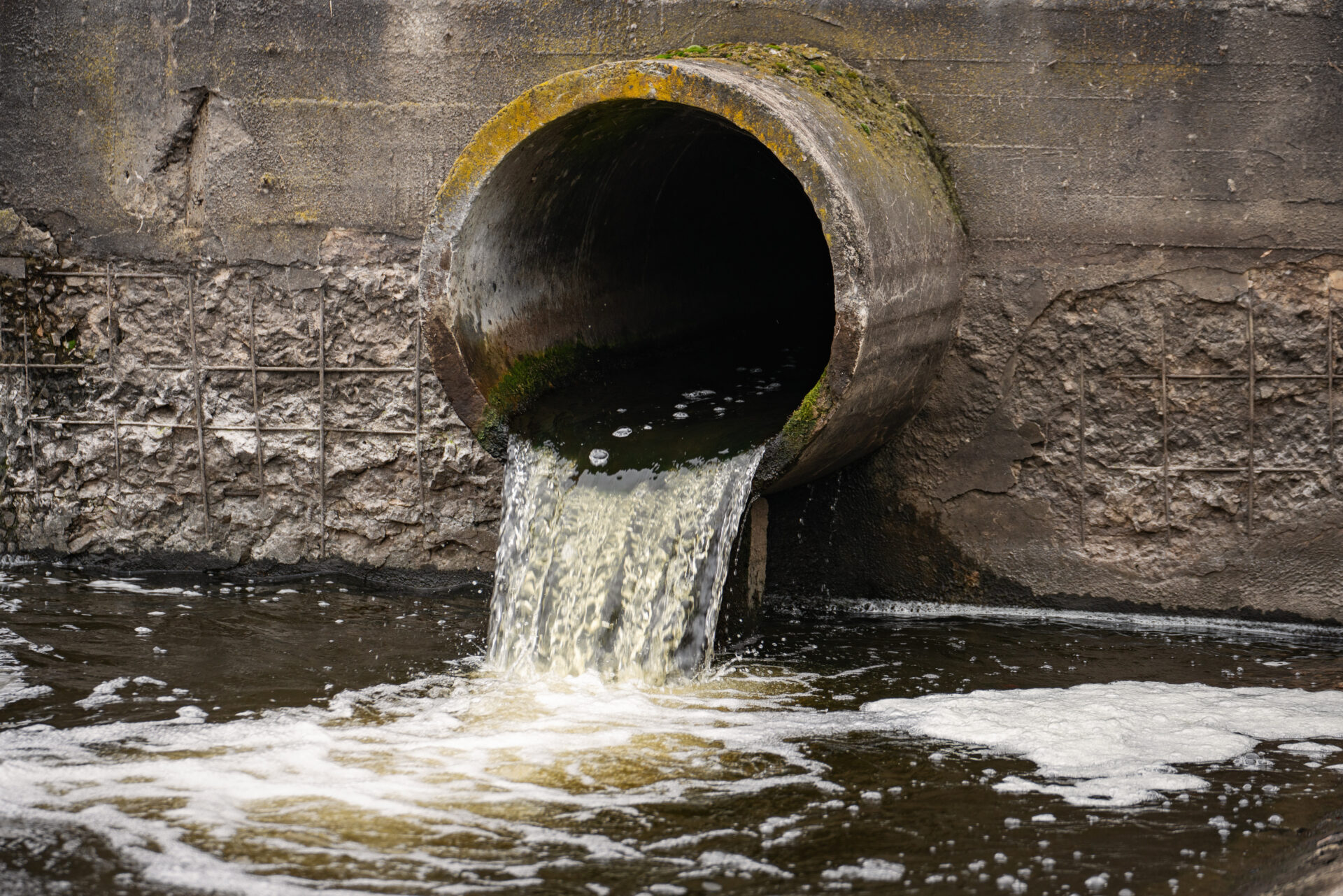Water and wastewater services in five West Virginia counties will soon receive upgrades through a new round of federal funding.
The U.S. Department of Agriculture (USDA) announced Friday that it would provide $9,253,000 to water projects in Hardy, Mason, Monroe, Ohio and Wood counties.
The new funding follows an allocation of $3,229,000 to water infrastructure projects in Marion and Jackson counties last month from the Environmental Protection Agency.
The USDA funds will contribute to a variety of county-level projects, including sewer system, waterline and wastewater treatment plant improvements.
Federal agencies have invested millions of dollars in West Virginia water systems in recent years. These funds have aimed to address water system issues tied to aging infrastructure and funding decline.
The USDA funding was partially made possible through a 2021 bipartisan infrastructure law, which has allocated resources toward regional infrastructure projects across the nation.
In a press release Thursday, Sen. Joe Manchin, D-W.Va., voiced his support for the new funding, as well as the federal government’s renewed support for infrastructure in West Virginia.
“Investing in our communities means long-term economic development that creates and supports good-paying jobs,” he said.
The following West Virginia water projects will receive support through the new round of funding:
- Red Sulphur Public Service District: $4,800,000 to extend a waterline to more than 80 new customers.
- Town of Triadelphia: $1,600,000 to upgrade the sewer system.
- Town of Wardensville: $1,100,000 to upgrade wastewater treatment and lift stations.
- Claywood Park Public Service District: $940,000 to upgrade waterlines.
- Mason County Public Service District: $814,000 to upgrade the sewer system.
